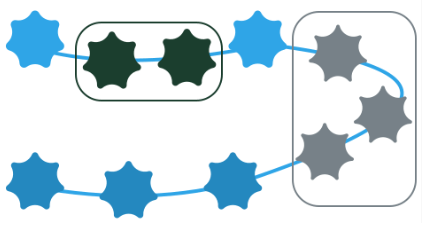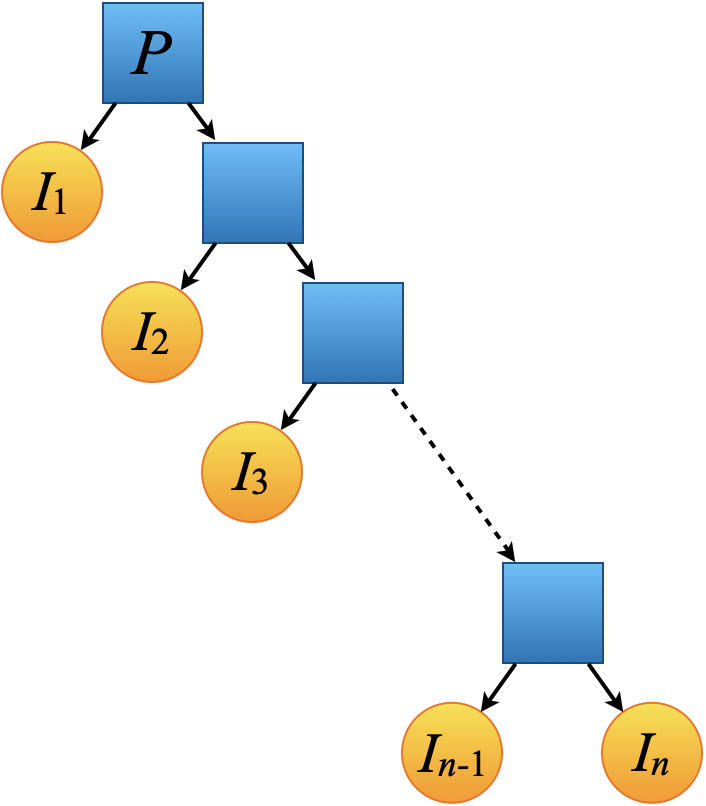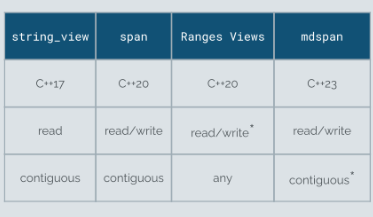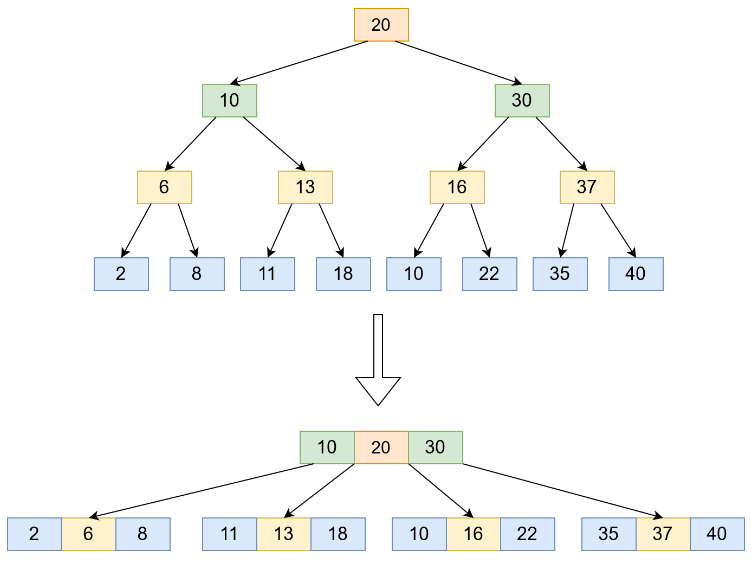How to use std::span from C++20 -- Bartlomiej Filipek
 In this article, we’ll look at
In this article, we’ll look at std::span which is more generic than string_view and can help work with arbitrary contiguous collections.
How to use std::span from C++20
by Bartlomiej Filipek
From the article:
Here’s an example that illustrates the primary use case for
std::span:In traditional C (or low-level C++), you’d pass an array to a function using a pointer and a size like this:
void process_array(int* arr, std::size_t size) { for(std::size_t i = 0; i < size; ++i) { // do something with arr[i] } }
std::spansimplifies the above code:void process_array(std::span<int> arr_span) { for(auto& elem : arr_span) { // do something with elem } }The need to pass a separate size variable is eliminated, making your code less error-prone and more expressive.

 A new episode of the series about SObjectizer and message passing:
A new episode of the series about SObjectizer and message passing: How do you untie the knotty problem of complexity? Lucian Radu Teodorescu shows us how to divide and conquer difficult problems.
How do you untie the knotty problem of complexity? Lucian Radu Teodorescu shows us how to divide and conquer difficult problems. A new episode of the series about SObjectizer and message passing:
A new episode of the series about SObjectizer and message passing: In this blog post, we’ll look at several different view/reference types introduced in Modern C++. The first one is
In this blog post, we’ll look at several different view/reference types introduced in Modern C++. The first one is  The Visual C++ team attended CppCon 2023, the largest in-person C++ conference, in Aurora, Colorado from October 2-6th. There were over 700 attendees from the C++ community, and we really enjoyed getting a chance to meet all of you and talk about your unique backgrounds and C++ experiences.
The Visual C++ team attended CppCon 2023, the largest in-person C++ conference, in Aurora, Colorado from October 2-6th. There were over 700 attendees from the C++ community, and we really enjoyed getting a chance to meet all of you and talk about your unique backgrounds and C++ experiences. A new episode of the series about SObjectizer and message passing:
A new episode of the series about SObjectizer and message passing: In this post we talk about how data structure data layout effects software performance and how, by modifying it, we can speed up the access and modification of the data structure.
In this post we talk about how data structure data layout effects software performance and how, by modifying it, we can speed up the access and modification of the data structure. A report out from this week's ISO C++ standards committee meeting, which just ended:
A report out from this week's ISO C++ standards committee meeting, which just ended: